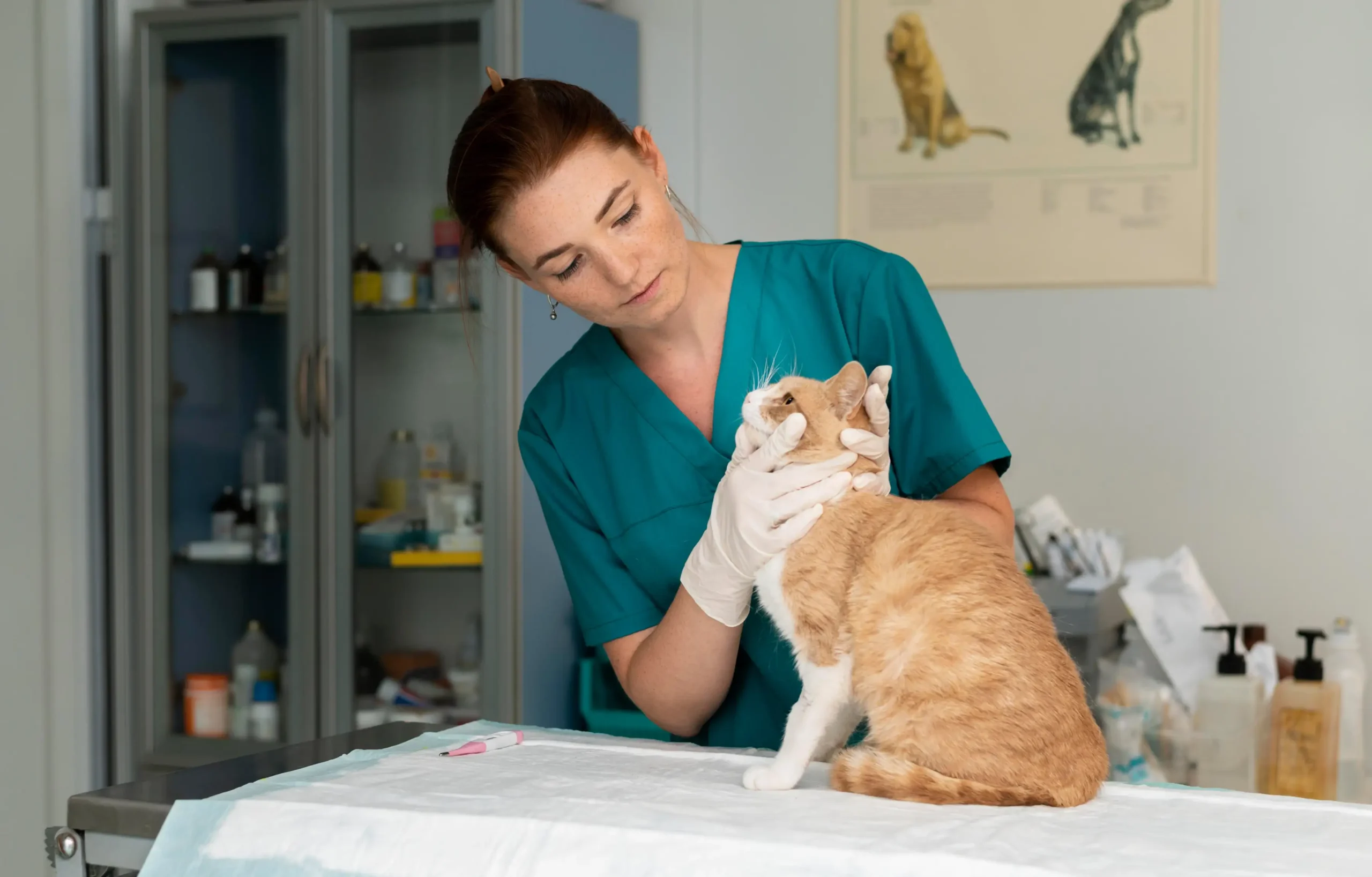Why Is My Cat Sneezing?
If you’ve noticed your feline friend letting out the occasional “achoo,” there’s usually no need to panic. Just like humans, cat sneezing is a natural reflex to clear irritants from the nasal passages. But when does a simple sneeze signal a bigger problem? Let’s explore the most common reasons behind your cat’s sneezing and when it’s time to call the vet.

Why Do Cats Sneeze? Uncovering the Triggers
While an occasional sneeze is normal, frequent or persistent sneezing often points to an underlying cause. Here’s what might be bothering your cat:
1. Infections: Viral, Bacterial, or Fungal
Upper respiratory infections are a leading cause of cat sneezing, especially in kittens and shelter cats. These infections can be caused by:
- Feline Herpes Virus: Highly contagious among cats, this virus causes sneezing, eye discharge, and nasal congestion. Stress can trigger flare-ups, but it’s not transmissible to humans. Treatment focuses on relieving symptoms.
- Feline Calicivirus: Another contagious virus that often leads to mouth ulcers, sneezing, and even pneumonia in severe cases.
- Bacterial or Fungal Infections: Secondary infections (like chlamydia or bordetella) can complicate viral infections, causing thick nasal discharge or fever. Antibiotics are often needed to treat these.
Other serious infections, such as feline immunodeficiency virus (FIV) or feline leukemia, may also weaken the immune system and increase sneezing risk.
2. Inhaled Irritants and Allergens
Cats can be sensitive to everyday household substances. If your cat sneezes after certain activities, look for these potential irritants:
- Dust, Pollen, or Mold: Common allergens that irritate nasal passages.
- Household Products: Perfumes, cleaning agents, or scented candles can trigger sneezing.
- Cat Litter: Dust from clay or low-quality litters is a major culprit. Switching to safe cat litter options (like unscented, low-dust varieties) may help.
- Smoke: Cigarette or cigar smoke is a harsh irritant for cats’ sensitive airways.
Unlike humans, allergies are less common in cats, but if sneezing is paired with itchy skin or watery eyes, an allergic reaction might be the cause.
3. Other Unexpected Causes
- Vaccine Reactions: Sneezing can occur 4–7 days after an intranasal vaccine, usually resolving within a few days.
- Nasal Blockages: Cats may sneeze to dislodge foreign objects (like grass or lint) from their nose.
- Dental Issues: Infections or inflammation in the teeth can lead to sinus drainage and sneezing.
- Cancer: Rare but possible, especially in older cats with persistent, unexplained sneezing.
Cat Sneezing: When to Watch for Other Symptoms
Pay close attention if sneezing is accompanied by these red flags, which may indicate a more serious issue:
- Nasal Discharge: Thick, yellow/green discharge often signals a bacterial infection.
- Blood in Sneezes: Seek immediate vet care, as this can indicate injury, infection, or tumors.
- Eye Problems: Swelling, ulcers, or excessive discharge (common in herpes virus infections).
- Systemic Symptoms: Lethargy, fever, loss of appetite, weight loss, or difficulty breathing.
- Wheezing or Coughing: May point to lower respiratory issues like asthma or pneumonia.
If your cat shows any of these signs, don’t delay—schedule a vet visit to rule out serious conditions like cat upper respiratory infection symptoms.
When Should I Take My Cat to the Vet?
- Occasional Sneezing: If your cat is otherwise active and healthy, monitor them at home. Keep them indoors and avoid known irritants.
- Persistent Sneezing: If sneezing lasts more than a few days or occurs in clusters, contact your vet.
- Severe Symptoms: Any sign of blood, difficulty breathing, or systemic illness requires urgent care.

Treating Cat Sneezing: Solutions Based on Cause
Treatment depends on what’s triggering the sneezing:
- Mild Irritants: Remove the source (e.g., switch litter, avoid scented products) and use a humidifier to soothe nasal passages.
- Infections: Viral infections may require supportive care (fluids, eye drops), while bacterial infections need antibiotics.
- Allergies: Antihistamines or steroids under veterinary guidance can reduce inflammation.
- Serious Conditions: In rare cases, surgery may be needed to remove nasal polyps or tumors.
FAQs About Cat Sneezing
Can cat sneezing be contagious to humans?
Most causes of cat sneezing (like herpes or calicivirus) aren’t transmissible to humans. However, always wash your hands after handling a sneezing cat to avoid bacterial transfer.
How can I prevent my cat from sneezing?
- Keep your home clean and dust-free.
- Use hypoallergenic, low-dust cat litter.
- Stay up-to-date with vaccinations to prevent viral infections.
- Minimize exposure to smoke and strong chemicals.